Cinnamon, derived from the bark of several tree species, is widely known for its aromatic and flavorful properties. From adding a delightful touch to baked goods to being a staple in holiday recipes, cinnamon is a versatile spice found in kitchens around the world. However, its uses extend far beyond its role in the culinary world. In this article, we will delve into 12 unexpected uses of cinnamon that go beyond the conventional.
All About Cinnamon

Cinnamon has a rich history that dates back thousands of years. Originating in Sri Lanka, it was highly valued in the ancient world for both its culinary and medicinal properties. Cinnamon comes in two main varieties: Ceylon cinnamon and Cassia cinnamon. While both types are used interchangeably in many recipes, Ceylon cinnamon is considered to be of higher quality due to its sweeter taste and lower coumarin content. (1)
Cinnamon is a spice that comes from the bark of trees in the Cinnamomum family. It has been used for thousands of years as both a flavoring and a medicine. Cinnamon is one of the most popular spices in the world, and it’s also one of the oldest. The ancient Egyptians used it to embalm their dead, while the Chinese believed that it could cure everything from snakebites to colds. In fact, cinnamon has many health benefits.
Read More: Three amazing benefits of turmeric, the ‘golden spice’
Health Benefits of Cinnamon
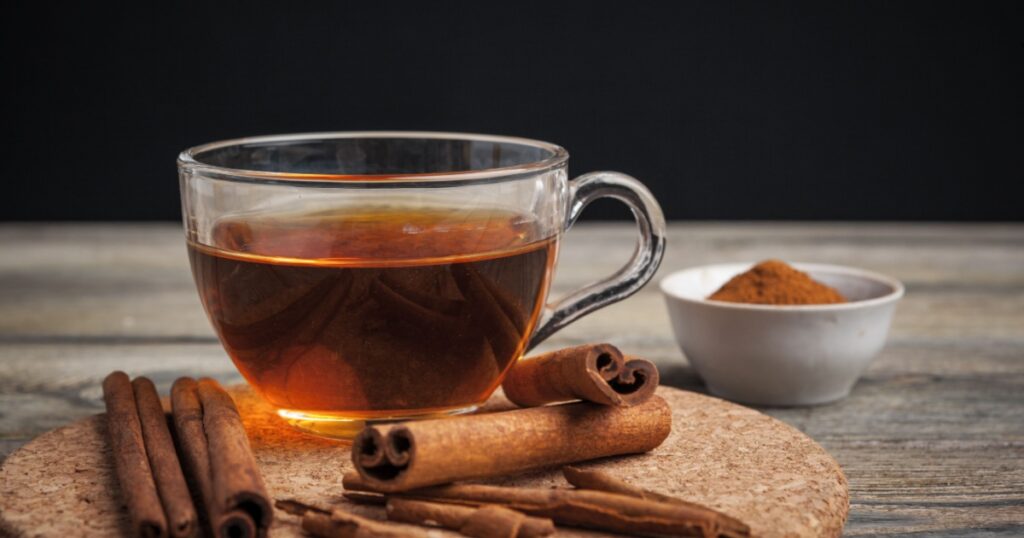
As already stated, beyond its delicious flavor, cinnamon is known for its numerous health benefits. These include (2):
- Anti-inflammatory: Cinnamon possesses anti-inflammatory properties that can aid in reducing inflammation within the body.
- Antioxidant: Loaded with antioxidants, cinnamon helps protect the body against oxidative damage caused by free radicals.
- Blood Sugar Regulation: Cinnamon may help regulate blood sugar levels by increasing insulin sensitivity.
- Heart Health: Studies suggest that incorporating cinnamon into your diet may have a positive impact on heart health by reducing several risk factors such as high blood pressure and high cholesterol levels.
- Immune System Support: Thanks to its antimicrobial properties, cinnamon can help strengthen the immune system, protecting the body from various infections and diseases.
Cinnamon can be consumed in a variety of ways, including as a spice, in tea or coffee, and even in baked goods. It is important to note that while cinnamon has many health benefits, it should not be used as a substitute for medical treatment. If you have any concerns about your health or are taking medication, consult with your doctor before adding cinnamon to your diet.
12 Unexpected Uses of Cinnamon

Beyond flavor and nutrition, there are actually many surprising, less-conventional uses for this special spice. This is thanks to its unique properties. These are some of the most interesting and little-known uses of cinnamon:
1. Natural Preservative
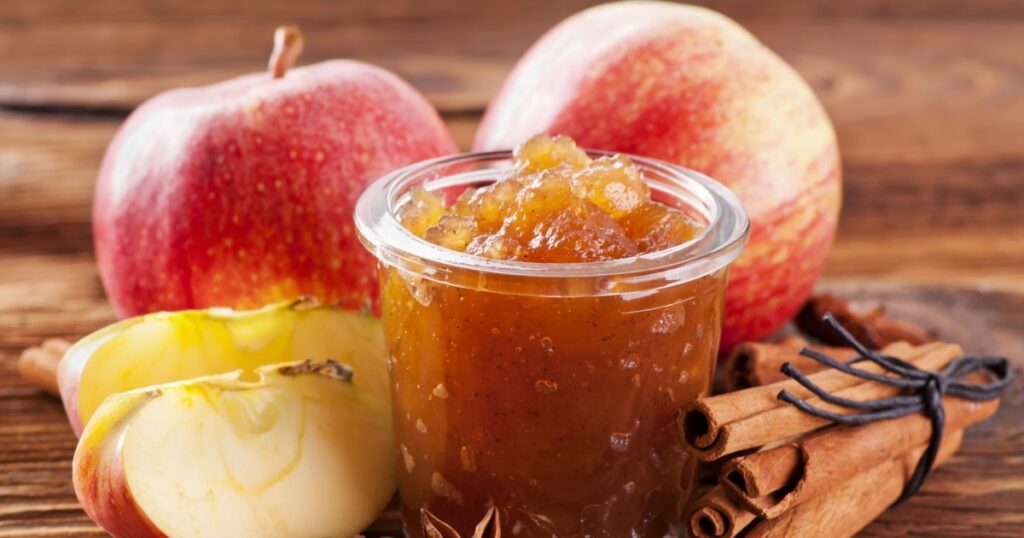
Cinnamon possesses natural antimicrobial properties that have been used for centuries to preserve food. Adding cinnamon to your homemade jams, jellies, and pickles can help extend their shelf life. (3)
2. Insect Repellent

The strong scent of cinnamon makes it an effective natural insect repellent. Sprinkle cinnamon powder near entry points or use cinnamon essential oil to keep pesky insects at bay.
3. Air Freshener

Create a warm and inviting atmosphere in your home by simmering cinnamon sticks with other aromatic spices. This will fill your space with a delightful fragrance, eliminating any unwanted odors. (4)
Read More: 25 Reasons To Go & Pick Dandelions Right Now
4. Indoor Plant Fungicide
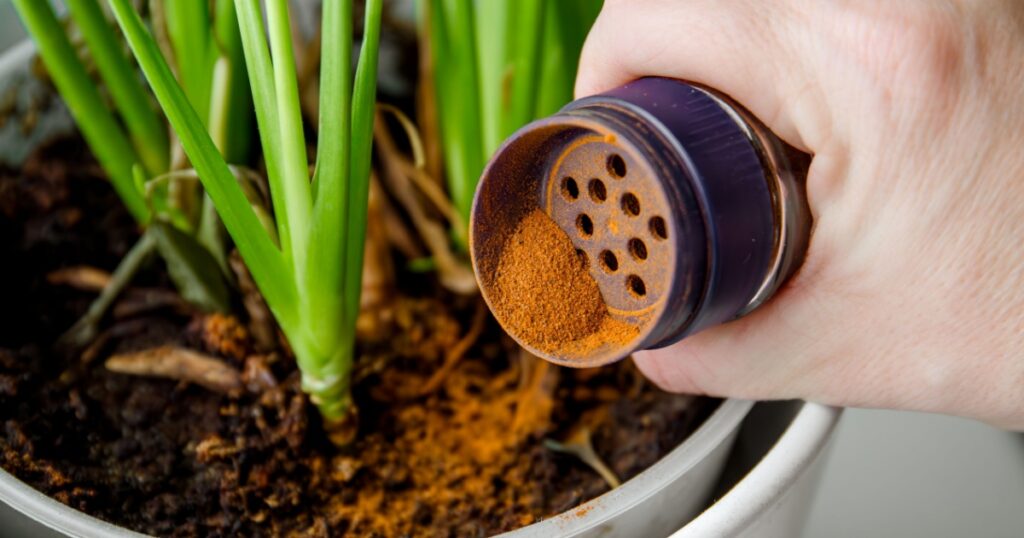
Cinnamon can be used to combat the growth of fungi on indoor plants. Sprinkle cinnamon powder on the soil surface to prevent fungal infections and promote plant health. (5)
5. Natural Antioxidant for Fruit
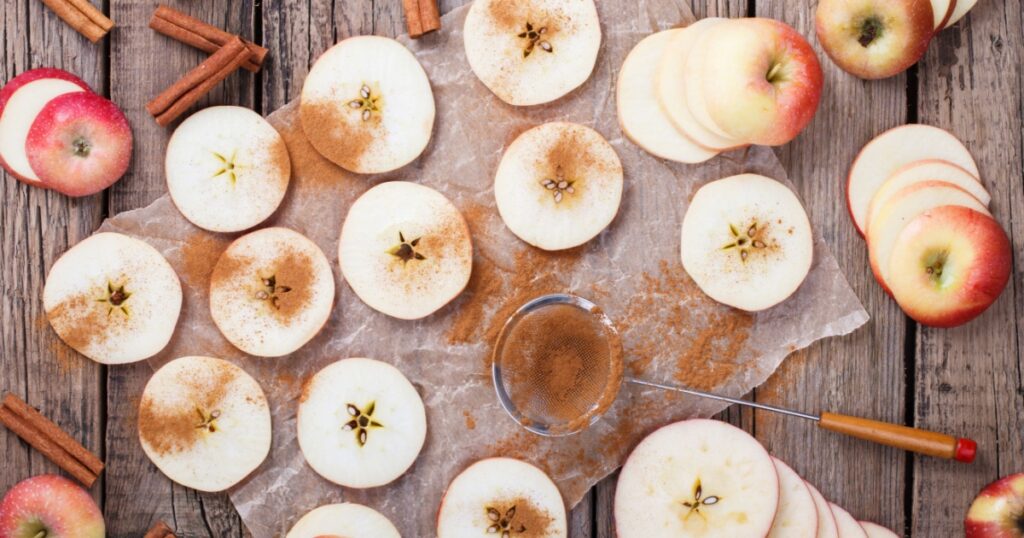
Sprinkling a pinch of cinnamon on sliced fruits like apples or pears can help slow down oxidation, preventing them from browning too quickly. (6)
6. Coffee Enhancer

Add a sprinkle of cinnamon to your coffee grounds before brewing. This will infuse your cup of joe with a subtly spicy note and may even provide additional health benefits.
7. Digestive Aid
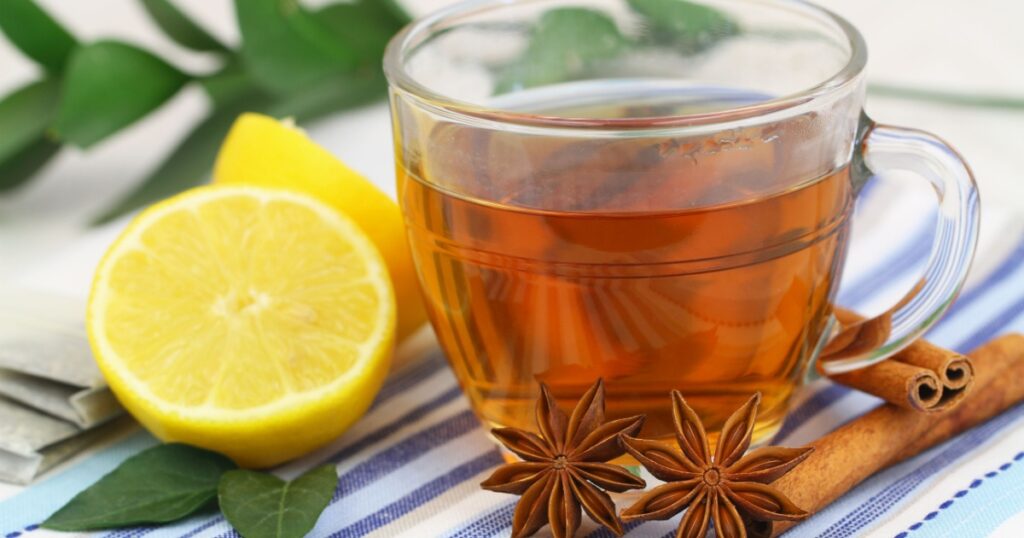
The natural compounds found in cinnamon can aid in digestion, helping to alleviate digestive issues such as bloating or gas. Add a dash of cinnamon to your meals or beverages to reap these benefits. (7)
8. Stress Relief

The comforting aroma of cinnamon has a calming effect on the mind. Incorporating cinnamon-scented candles or essential oils into your relaxation routine can help reduce stress and anxiety. (8)
9. Garden Pest Deterrent

Protect your garden from destructive pests by sprinkling cinnamon around the base of your plants. This can deter ants, snails, and other insects while being entirely natural and safe. (9)
Read More: 7 Amazing Things You Could Do With Those Orange Peels Slated For the Trash Can
10. Soothing Sore Throat
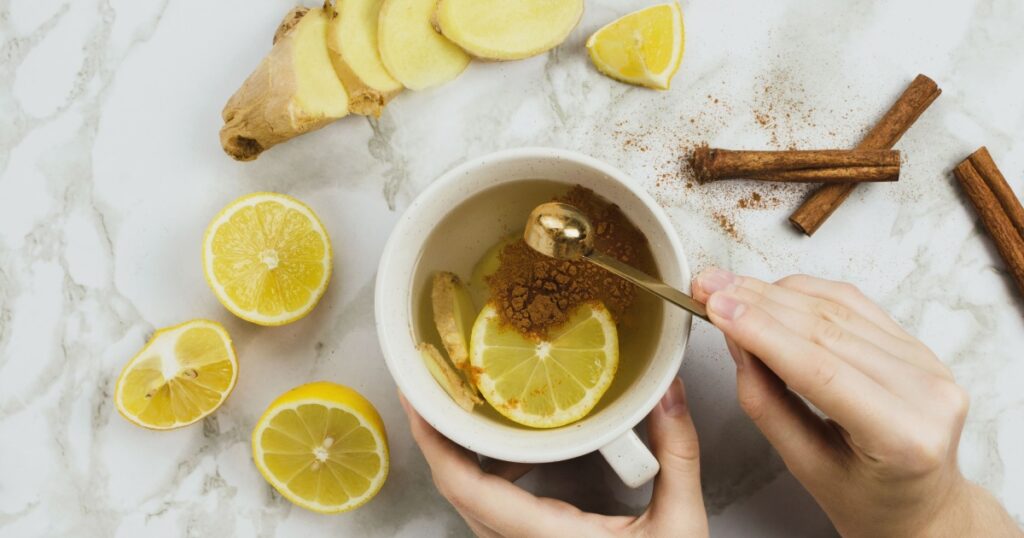
Cinnamon’s antimicrobial properties make it an effective remedy for sore throats. Mix cinnamon powder with warm water and lemon to create a soothing gargle solution. (10)
11. Natural Mouth Freshener
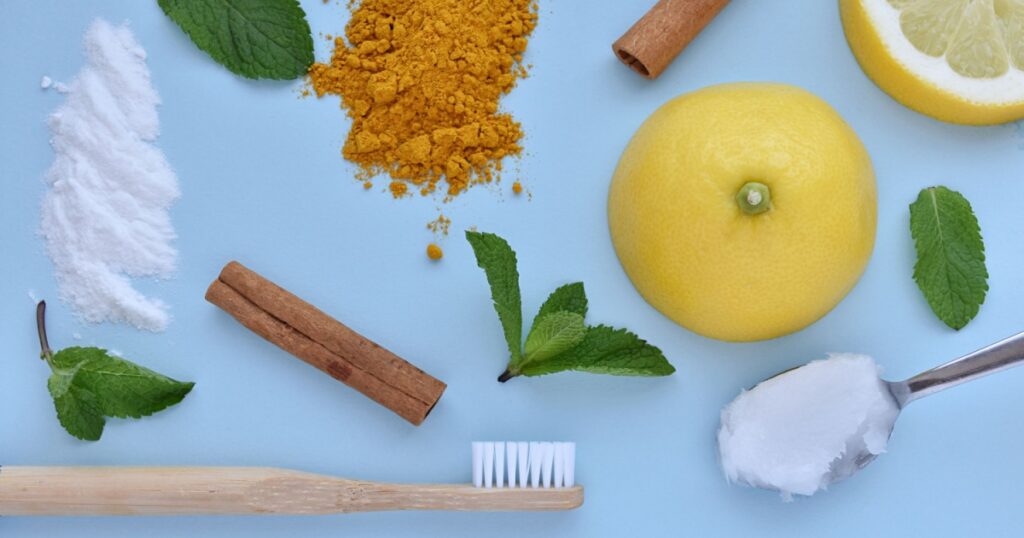
Cinnamon’s pleasant flavor and antimicrobial properties make it an excellent natural mouth freshener. Chew on a cinnamon stick to freshen your breath or add cinnamon essential oil to homemade mouthwash. (11)
12. Cinnamon Infused Oil
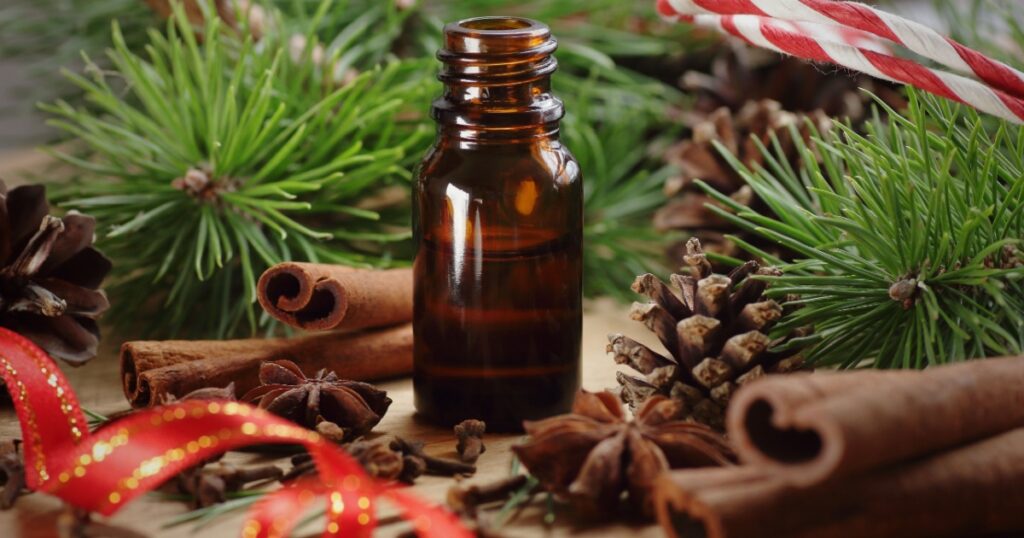
Create your own infused oil by steeping cinnamon sticks in carrier oil for several weeks. This oil can be used topically for its mild antiseptic properties or as a massage oil for relaxation.
The Bottom Line
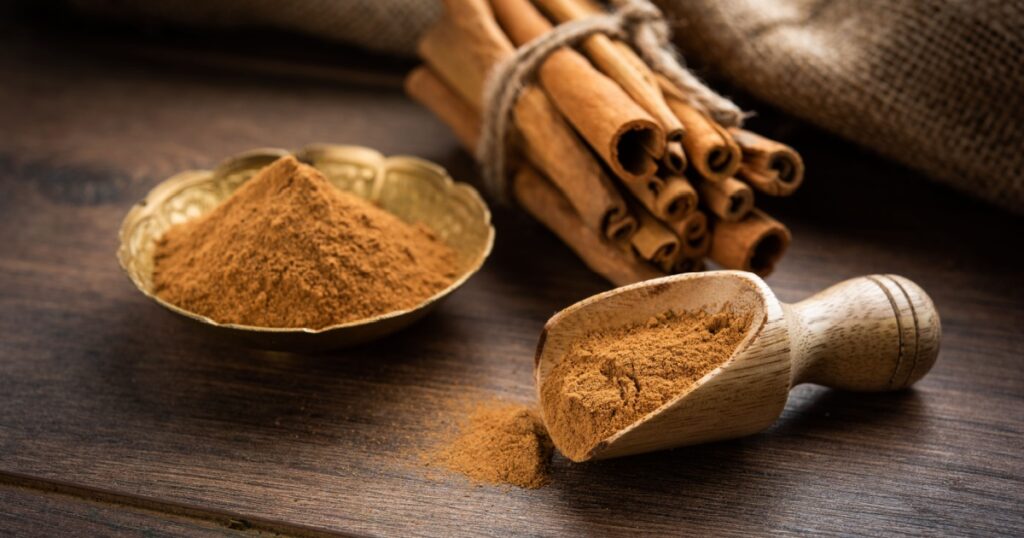
Cinnamon is truly a versatile spice that goes beyond its traditional culinary uses. From its remarkable health benefits to its surprising applications in various aspects of life, cinnamon continues to captivate and amaze. So, the next time you reach for cinnamon in your pantry, remember its hidden potentials and let it add a touch of spice to not just your recipes, but also your daily life.
Read More: The Top 10 Medicinal Plants and Herbs for Your Health
Sources
- “cinnamon.” Britannica
- “Cinnamon: A Multifaceted Medicinal Plant.” NCBI. Pasupuleti Visweswara Rao and Siew Hua Gan. April 10, 2014.
- “Cinnamon as a Useful Preventive Substance for the Care of Human and Plant Health.” NCBI. Jolanta Kowalska, Józef Tyburski, Kinga Matysiak, Magdalena Jakubowska, Joanna Łukaszyk, and Joanna Krzymińska. August 31, 2021.
- “NATURAL AIR FRESHENER.” Lucis Morsels. Luci Petlack. January 9, 2023.
- “Benefits Of Cinnamon On Plants: Using Cinnamon For Pests, Cuttings, & Fungicide.” Gardening Know How. Anne Baley. January 28, 2022.
- “Prevention of Enzymatic Browning by Natural Extracts and Genome-Editing: A Review on Recent Progress.” NCBI.
- Norfadilah Hamdan, Chia Hau Lee, Syie Luing Wong,Che Ellysa Nurshafika Che Ahmad Fauzi, Nur Mirza Aqilah Zamri,and Ting Hun Lee. February 2022.
- “Ceylon cinnamon: a versatile ingredient for futuristic diabetes management.” Science Direct. Bhashika Sithijanee Senevirathne, Madhura Arunoda Jayasinghe, Dayani Pavalakumar and Chamath Gayan Siriwardhana.June 2022.
- “Repeated systemic administration of the cinnamon essential oil possesses anti-anxiety and anti-depressant activities in mice.” NCBI. Reyhaneh Sohrabi,Nasim Pazgoohan, Hasan Rezaei Seresht, and Bahareh Amin. June 2017.
- “Antibacterial mechanisms of cinnamon and its constituents: A review.” Pubmed. N G Vasconcelos, J Croda, S Simionatto. July 2018.
- “ Effect of cinnamon (Cinnamomum verum) bark essential oil on the halitosis-associated bacterium Solobacterium moorei and in vitro cytotoxicity.” Pubmed. Geneviève LeBel, Bruno Haas, Andrée-Ann Adam, Marie-Pier Veilleux , Amel Ben Lagha, Daniel Grenier. November 2017.

